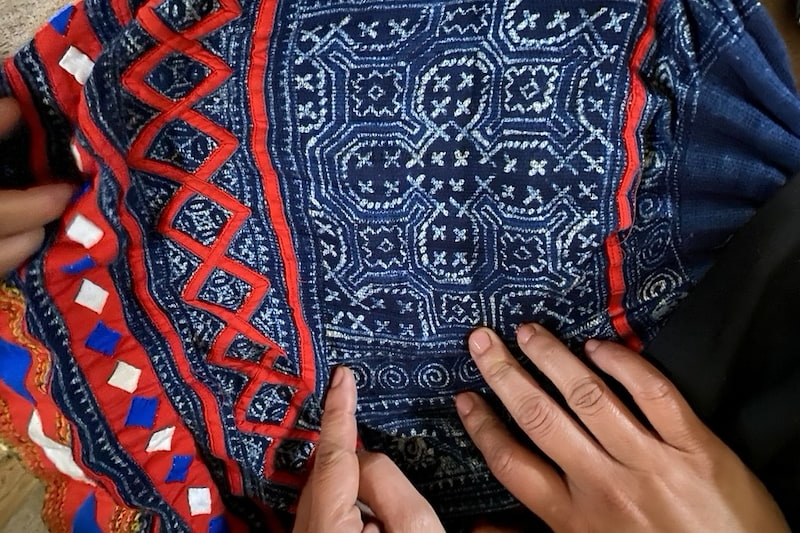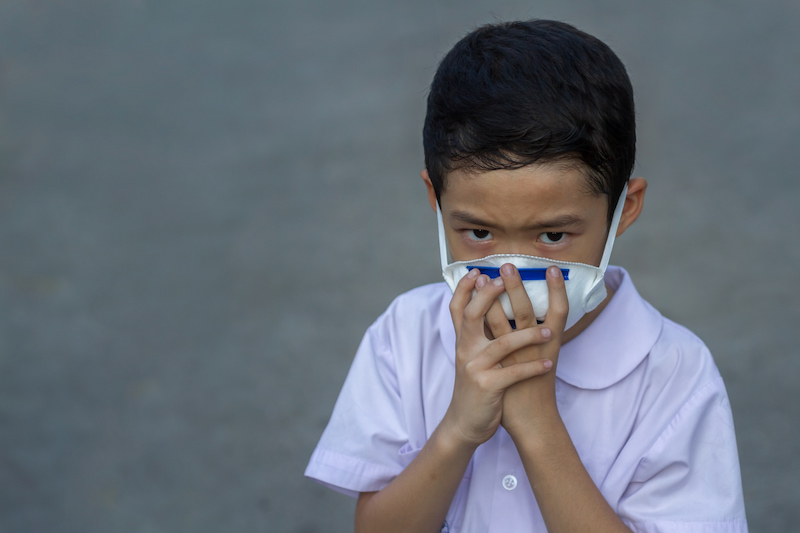With figures so high, environmental issues are now the biggest concern relating to the manufacturing of textiles and garments.
“In the global ranking of countries, Vietnam is number four in the world for discharging plastic waste into the sea, which has been raised by foreign and local tourists,” Dr Nayak said.
“The soil in Vietnam has also been reported to be polluted due to the use of pesticides while cultivating fibers such as cotton.”
“The increased fast fashion and financial status of customers has led to the rejection of more garments, while the awareness of reuse, recycling, eco-friendly production and packaging is still low among Vietnamese fashion consumers,” Dr Nayak emphasised. “The number of organisations working on the recycling or upcycling of old clothes is very low. As a result, many of the old and rejected clothes also end up in landfill, which causes a serious environmental concern in Vietnam.”
According to Dr Nayak, many of Vietnam’s fashion and textile industries are “working to achieve the triple bottom line [social, environmental and financial] of sustainability”, which he said demonstrates a shift in industry attitude to adopt more sustainable approaches to reduce environmental pollution.
“Industries are installing effluent treatment facilities, which deliver water that is even drinkable, and are also trying to meet the standards set for Biological Oxygen Demand (BOD), Chemical Oxygen Demand (COD) and Total Dissolved Salt (TDS) on the effluents, and many fashion and textile manufacturers focus on the use of sustainable fibres such as organic cotton, low chemical cotton, bamboo and lyocell.
“There are industries who can’t take care of the environmental pollution due to financial problems. Purchasing new equipment and technologies is expensive, which is not feasible by many small and medium-sized enterprises,” Dr Nayak stressed on the importance of the support from government as well as environmentally friendly company policies to make environmental sustainability more achievable.
Co-researcher and Program Manager of Logistics & Supply Chain Management from RMIT Vietnam’s School of Business & Management Dr Reza Akbari, agreed with Dr Nayak’s comments and added: “The economy in Vietnam has progressed rapidly and Vietnam positioned itself as one of the fastest developing and one of the most attractive emerging markets in the world. As a result of this development, [there needs to be an] execution of sustainable strategies and updated code of conducts that indicate additional interest for supply chain sustainability practices, especially in the fashion industry.”
The research entitled ‘Recent sustainable trends in Vietnam’s fashion supply chain’ was conducted in collaboration with a lecturer from RMIT University College of Business in Melbourne, Shaghayegh Makeki Far and appeared in the Journal of Cleaner Production.
Story: Ha Hoang





